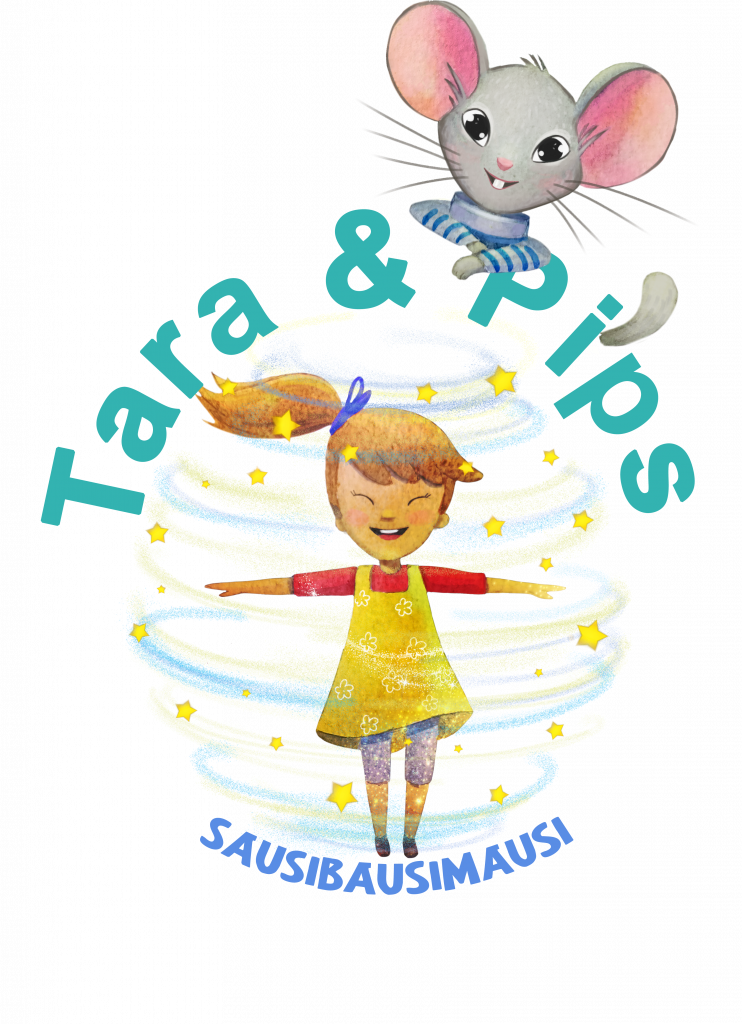Zuhören schlau macht! Die Sprachentwicklung – sie gehört wie Essen, Schlafen, Laufen lernen etc. zum Grosswerden eines Kindes. Entdecken Sie in unserem Kommunikationstraining, wie Gewaltfreie Kommunikation Selbstwirksamkeit stärkt und Lesen zu innerem Wachstum beiträgt. Aber wie kann man die Sprachentwicklung gezielt fördern?
Those who learn to listen at a young age benefit throughout their lives. Listening is the foundation of all communication. Attentive listeners grasp connections more quickly and resolve conflicts better. Generally, they find learning easier.
Your children will become good listeners when you read stories that stimulate the imagination and make them eager for more.
Targeted support for language development
Even at a young age, your child develops a keen sense of the sound and rhythm of language. It’s important to speak, read aloud, sing, or recite little rhymes with them. These little, attentive listeners internalize grammatically correct sentence structures from infancy. Additionally, reading books and telling stories expand their vocabulary.
Why older children also benefit from reading aloud
Depending on personal development and support, pupils learn to read more or less quickly. At this point, many parents stop reading aloud - after all, the child can now decipher the books themselves. However, mothers and fathers forget the following problem:
Children in elementary school understand much more complex stories content-wise than they can read smoothly themselves. This discrepancy can lead to frustration and a decrease in reading enthusiasm. To support reading skills, it’s important to find a middle ground. Let your child practice with simple texts. For longer, more complex stories, switch roles: you read aloud, and your child listens.
"Reading hunger is the best teacher," as writer Manfred Hinrich wisely noted, hits the mark. With the right touch, your child can transform from an enthusiastic listener into a passionate reader.
Conclusion: Continue reading aloud even when your child can read on their own.
How children's book apps build a bridge to books
Whether it's a classic book or a digital app, the key to fostering your child's future love of reading lies in the quality of the stories. In an era where the internet is a reality in every school, familiarity with tablets or notebooks is becoming second nature.
You can make reading time together with an educationally designed story app just as much a ritual in everyday life as a regular book reading routine. Sometimes analog, sometimes digital. This creates variety and is in keeping with the times.
Either way, once the fun of listening has been awakened, the desire to pick up exciting books increases with age.

Leave a Reply